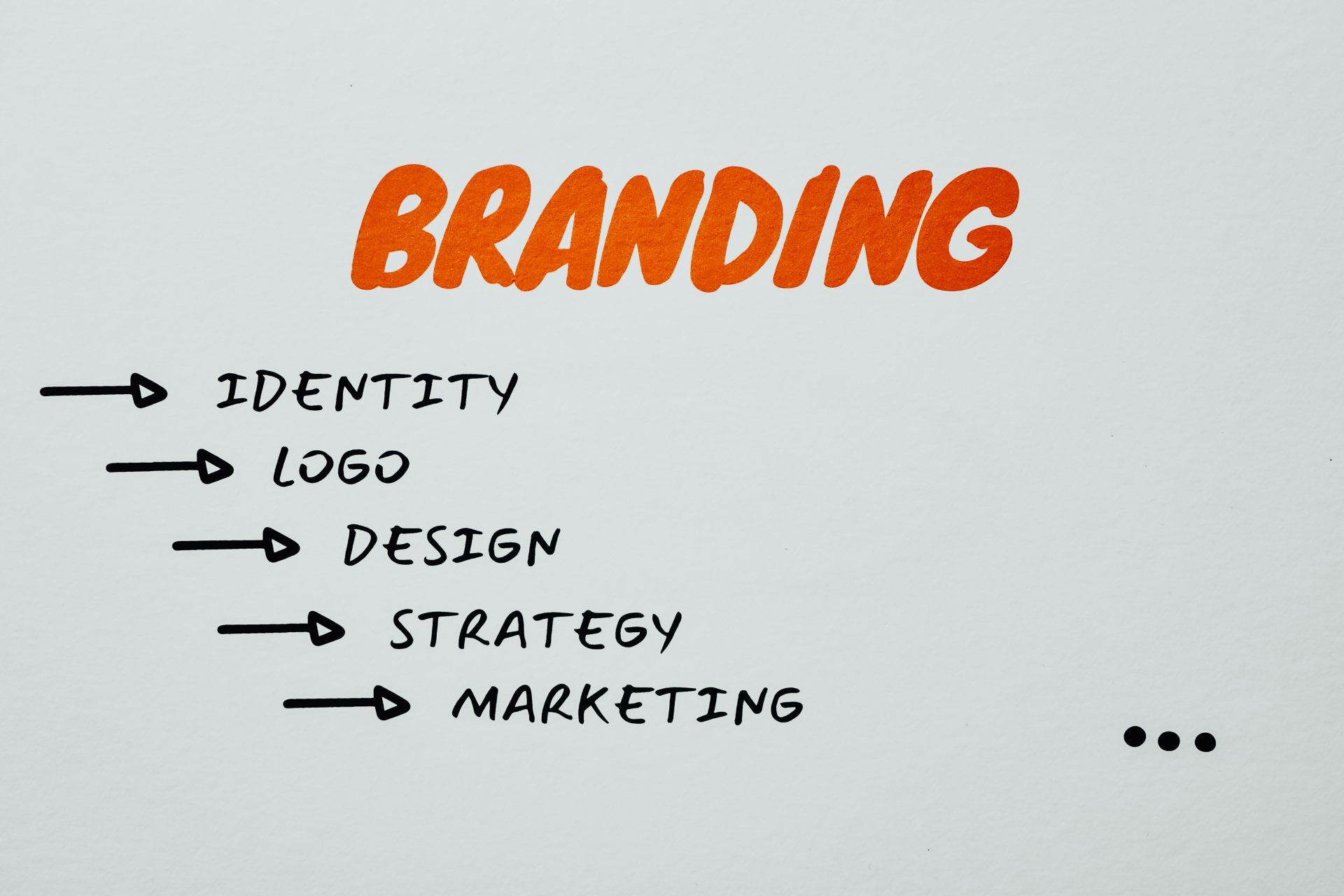The impact of AI on SEO: How to stay competitive in the age of algorithms
Heading 1
Artificial intelligence (AI) has had a huge impact in many areas of life and SEO is no exception. While it has made online searches easier for consumers, keeping up with it and staying ahead as a business can be challenging.
As Google integrates advanced AI into its search results, businesses must rethink their SEO strategies. Understanding the future of SEO in the context of AI is essential to appear high on search rankings and remain competitive.
Traditionally, search engine optimisation (SEO) has relied largely on keyword optimisation and link building. If you sell garden products, you would make sure the phrase ‘garden products’ was used frequently throughout your website. You would also look to get some links back to your site from other websites – maybe other businesses in your local area or in a complementary sector. These traditional SEO methods are becoming less effective.
AI means search engines like Google and Bing have become better at understanding the intent behind a search, through machine learning algorithms analysing huge quantities of data, as well as natural language processing. Natural language processing doesn’t just understand the words in a query, it understands the context and intent behind it. AI can even understand synonyms, slang and regional variation in language!
When someone searches for something online, AI can analyse, interpret and predict their behaviour. So businesses have to adapt their SEO strategies to changing algorithms to stay competitive. You need to have a deeper understanding of your target audience and produce content which meets their needs and answers their queries. It is about providing the best answer to the questions your audience is asking, because AI algorithms are skilled at recognising content which meets the search intent of users and provides value. This means that content which is designed to meet specific needs, answer questions and provide the solutions to problems is more likely to rank higher in searches.
AI algorithms will prioritise content which resonates with users on a human level – with every paragraph adding more value and depth. This aligns with AI’s preference for content which engages and informs – and also helps build a stronger connection with your target audience.
In addition, AI is making voice searches (e.g. Alexa) much more effective. Voice searches tend to use more words than online searches e.g. ‘find me healthy snacks for pre-school children’ rather than just typing ‘healthy snacks’ into Google with no context. This aspect of AI will continue to grow in importance and become even more widely used.

Google AI overviews
Google’s AI overviews, sometimes known as generative results, are one way in which AI makes searches easier for visitors but could mean less traffic for businesses. When users carry out a search, an AI answer appears at the top of the page – bringing together information from several websites.
This could be bad news for businesses, as some users will find the information in the AI generated content is enough to meet their needs, meaning they don’t need to visit individual sites. This means click through rates (CTR) are declining, with a fall in organic traffic to websites.
To stay competitive, businesses need to optimise their own content for Google AI overviews. This means creating content which is accurate, comprehensive and easy for AI to digest. Being featured in these overviews means staying visible, despite the changes to searches.
Alternatively, create content which provides deeper insight, because these overviews are only a snapshot providing brief answers, and some users will want to find out more from a comprehensive, well-researched source.
Multi-step reasoning
Multi-step reasoning is another Google initiative, which shares some similarities with the AI overviews. Multi-step reasoning uses AI to break down complex queries into smaller parts, then provide comprehensive answers. If a user searches for the best garden centres in Gloucester, which offer a member discount scheme, Google can compile all the relevant information into a single answer.
This make life easier for users but is another challenge for business. If Google can give all that information at the same time, it takes away the need for users to search multiple websites for the answers they need. To stay competitive, businesses should provide in-depth information to address complex queries which AI can use to respond.
And don’t forget building a strong, recognisable brand which users will go to directly, rather than relying on Google’s AI!

AI organised results pages
For some searches, Google now offers a different layout to its search pages. A search for ‘birthday dinner Cheltenham’ will bring up restaurants and local listings, as well as Tripadvisor and ideas and recipes for eating in.
This means users no longer have to scroll through a long list of links – they can jump to the section which is of most interest to them.
This brings an added challenge for businesses. No longer are they just competing to rank high on searches, they also need to appear in relevant categories ie not just restaurants in Cheltenham, but also birthday dinners! Your SEO strategies must adapt to ensure your content fits into these categories generated by AI, as well as in the more traditional search rankings.
Planning in search results
Google AI can now help people to plan tasks – such as suggested itineraries for holidays or meal plans. AI can provide, for example, a meal plan for a week, including recipes and shopping lists. These will all be sourced from a diverse range of websites – meaning users don’t need to visit those sites themselves.
For businesses, it is important that their content is optimised for Google to pick up and use in these AI-generated plans. Content should be structured in a way which is easy for Google to incorporate, providing a sufficient level of detail.
Companies should also focus on building their online reputation by encouraging satisfied users to leave reviews and ratings. The more positive reviews a business has, the more likely Google AI is to use it in its AI-generated plans.
Integrating AI into search engines has brought about a huge change in SEO. It has shifted the focus from keywords and backlinks to a more sophisticated and nuanced understanding of user intent. For businesses, understanding and responding to these changes is essential to stay competitive in the age of algorithms.
By producing quality content, which really answers a user’s questions and addresses the context of a query, your business can stay ahead of the game.
And remember to keep up to date with all the changes and developments in AI and SEO. AI in SEO is constantly developing, meaning businesses have to stay informed and keep adapting with it.
More Posts.





